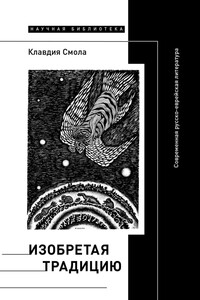Английский язык для юристов. Предпринимательское право | страница 30
Exercise 3. Consult recommended dictionaries and give words or phrases to the following definitions:
Встречное требование; зачет встречного требования; однородное требование; предпочтительное удовлетворение требований; встречное заявление; основное требование; встречное удовлетворение; удовлетворение в части; оставление без удовлетворения.
Exercise 4. Be ready to talk on one of the following topics:
1. Explain the term consideration and identify the characteristics necessary for valid consideration.
2. Describe the attitude of the court when dealing with questions that involve the adequacy of consideration.
3. Discuss the types of consideration that can be used to bind parties to one another in a contractual situation.
4. Outline the procedure that a debtor and creditor may use to settle a claim by means of accord and satisfaction.
5. Identify those agreements that may be enforceable by a court of law even though they lack consideration.
Exercise 5. Make up your own dialog on the case:
In Hanna v. Perkins, the buyer tendered a check with the notation «in full for labor and material to date.» The seller indorsed the check «Deposited under Protest» and deposited it. Seller sued for the balance of the contract price and buyer moved for summary judgment on the ground of accord and satisfaction. The New York court held for the seller and said that the defendant failed to allege the existence of an honest dispute about the amount due and thus there was no accord and satisfaction. The court held:
If it were not that this court finds that triable issues of fact are present, this court would deny the motion by holding this particular section of the code would seem to favor plaintiff's overriding endorsement of «Deposited under protest» as a reservation of his right to collect payment of the balance.
Exercise 6. Resume in industry buzz:
Consideration (each party makes 1 consideratn supported prom.)
1. 3 Tests for Consideration:
a. Prom. must induce current perf. in exchange (bargained for exchange).
b. Detriment from Promisor (offering detriment).
c. Promise binding, not illusory (mutuality of the prom.).
2. Promise Induced for Current Perf. in Exchange (giving $ or conduct):
a. Promises based on moral feelings FAIL.
b. Promises based on past acts & don't ask anything currently in exchange FAIL, EXCEPT:
(1) debt barred by technical defense, new written promise to revive enforceable (amt stated up to debt).



